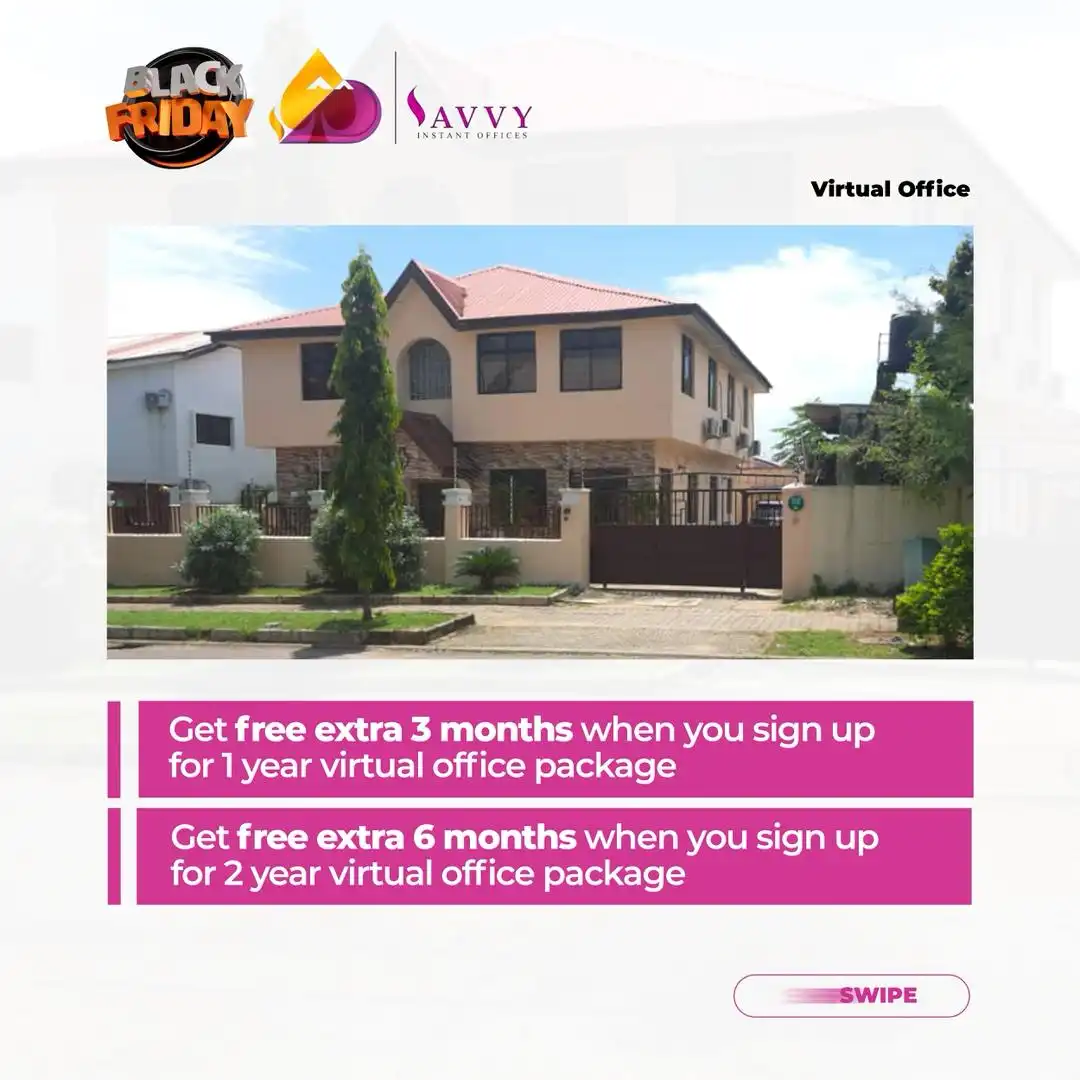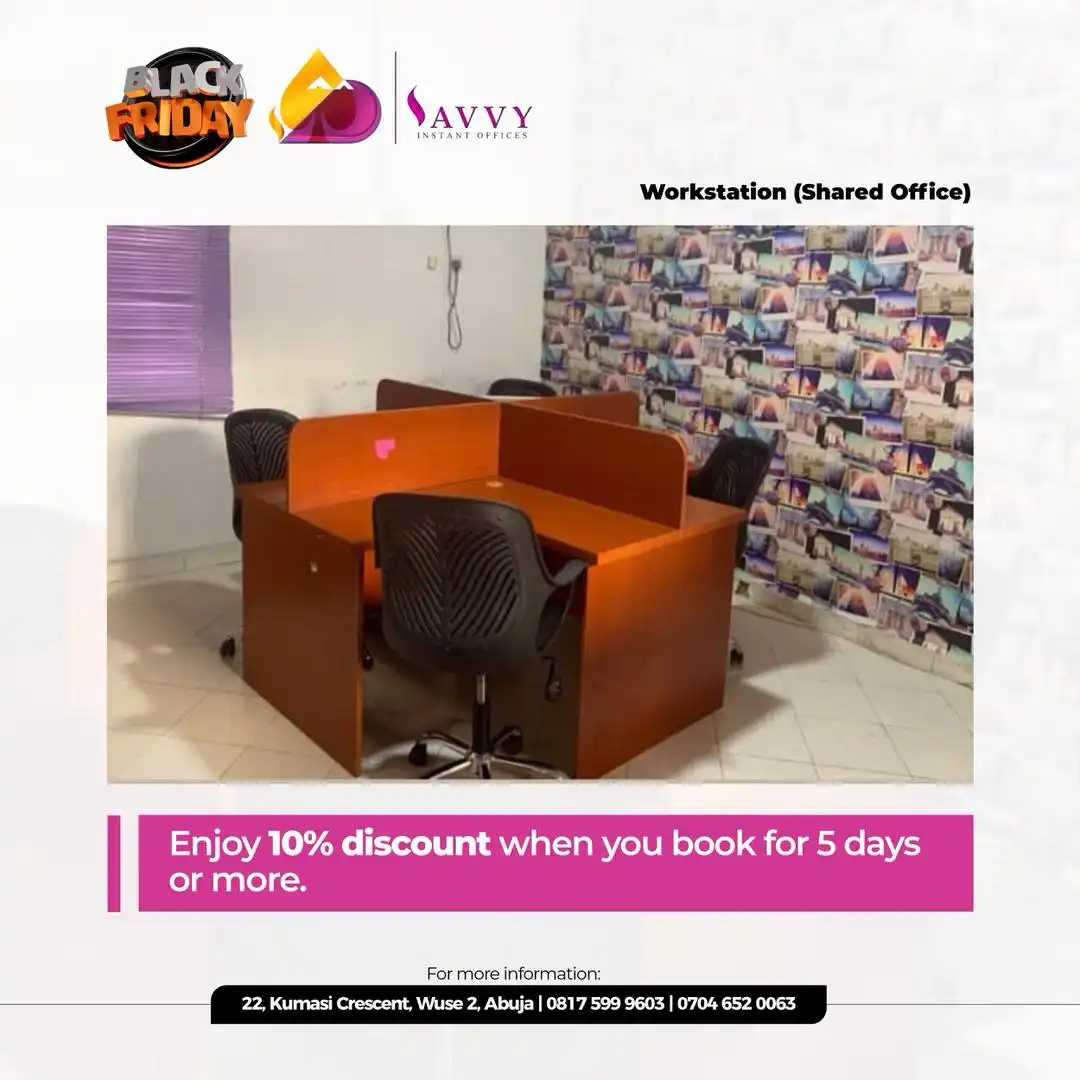1. Your home office affects customers or clients.
These days, many people whether they work for a Fortune 100 company or are self-employed work from home at least part of the time. While home offices are common place, you still need to keep up a level of professionalism to the outside.
If a dog barking, baby crying or roommate’s music interrupts a big call, it might be time to relocate. You need an environment that lets you give clients 100% of your attention when needed.
If a dog barking, baby crying or roommate’s music interrupts a big call, it might be time to relocate. You need an environment that lets you give clients 100% of your attention when needed.
2. You’re stagnating at home.
Maybe you feel you’ve reached a plateau with your business — it’s difficult to get motivated or find inspiration for new ideas. Or maybe you feel like your original home office no longer reflects how your business has grown over the years.
In these cases, you may want to shake things up with a new physical space, and get inspired by joining a community of fellow startups, small businesses and professionals.
3. You can’t separate work and home.
Getting office space outside of the home might be necessary if you find yourself struggling to separate your personal life from your work. For example, do you procrastinate on a big project by doing the dishes or watching TV? Do you find yourself unable to unplug at night? Sometimes having a physical separation between work and home can help inform your mind when it’s time to focus or relax.
4. Your house looks more like an office.
Can you walk through your living room without tripping over boxes?
Can you eat at your kitchen table without needing to move piles of paper first?
Can you eat at your kitchen table without needing to move piles of paper first?
Many people start out working in a spare room, then “work stuff” inevitably migrates to the garage, basement, living room and bedroom. This is particularly true if you’re dealing with any kind of supplies or inventory in the business. If work is invading your home, then it’s time to get more space.

5. You need to meet with customers and vendors.
Do you ever ask customers or vendors to meet you at your home? Holding meetings on your living room couch or at your kitchen table not only reflects poorly on your business, but also impacts your family or roommates.
You should also consider that increased traffic through your front door can be a red flag for some home associations, and could also affect your homeowners or renters insurance.

6. You’ve brought on employees.
Many businesses move out of the home once they hire employees who need some kind of work space. Not every employee is going to want to work in your home, use your personal bathroom or listen to your family discussions.
If your employees can’t work out of their own homes, then it’s only fair that you set up a more conventional office environment so they have the space and resources to do their job. In addition, many homeowners’ policies won’t cover liability for your employees.
7. You want to be more visible.
Not every business will benefit from a local presence, but some will. Having a physical office with street signage gives your brand local visibility 24 hours a day. Alternatively, working out of a co-working office or executive suite environment will automatically expand your network of potential customers, partners, and vendors.
Once you have decided it’s time to move out of your home office, you do not necessarily need to purchase commercial space or sign a long term lease.
Consider your needs. If inventory and excess boxes are the main issues, maybe you’d benefit from storage space. If you’re looking for a quiet place to concentrate a few times a week for big projects, then you should consider a shared office or executive office center where you can rent space on a part-time or even as-needed basis. There are also co-working environment for those who’d benefit from the energy and support of a community.


















